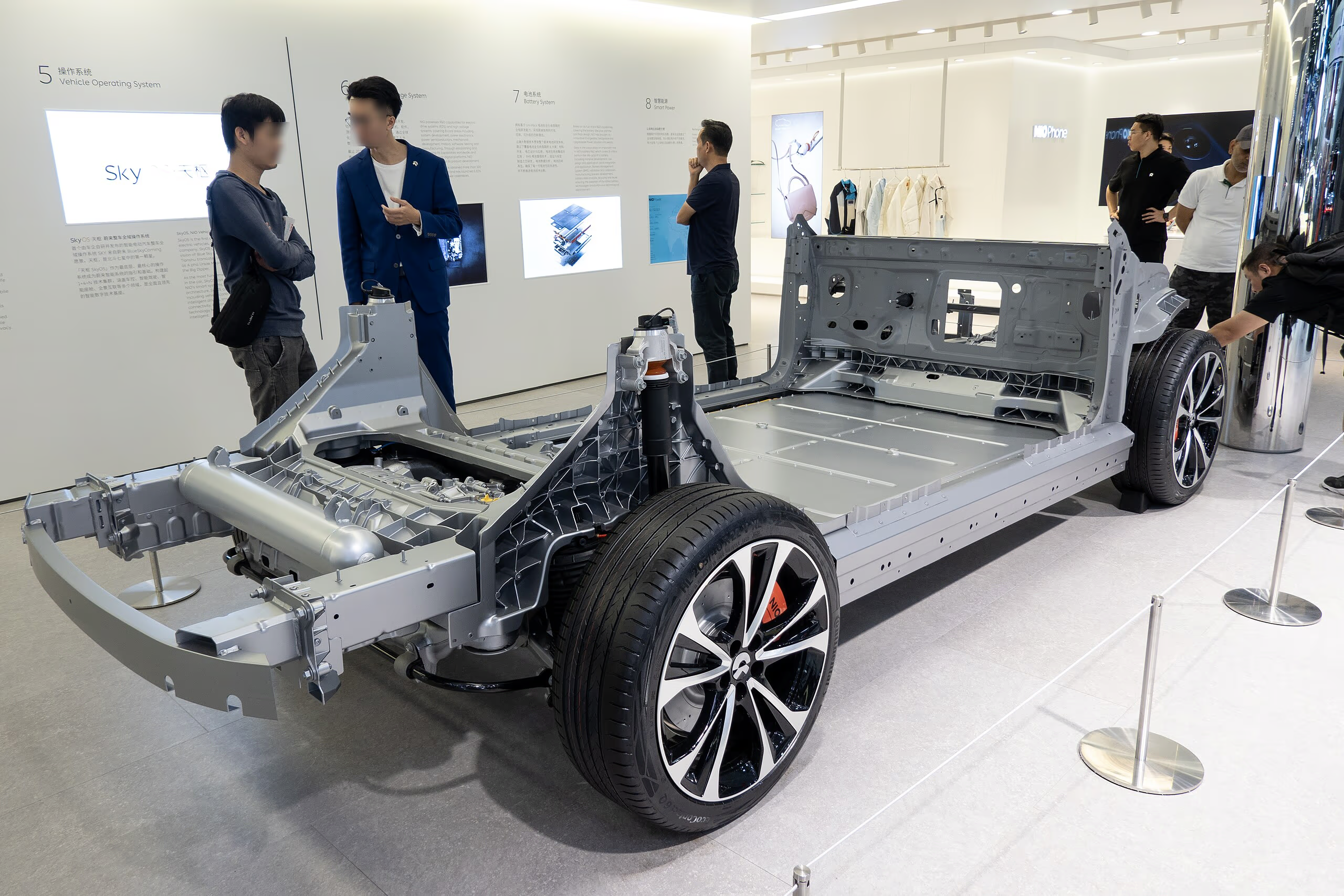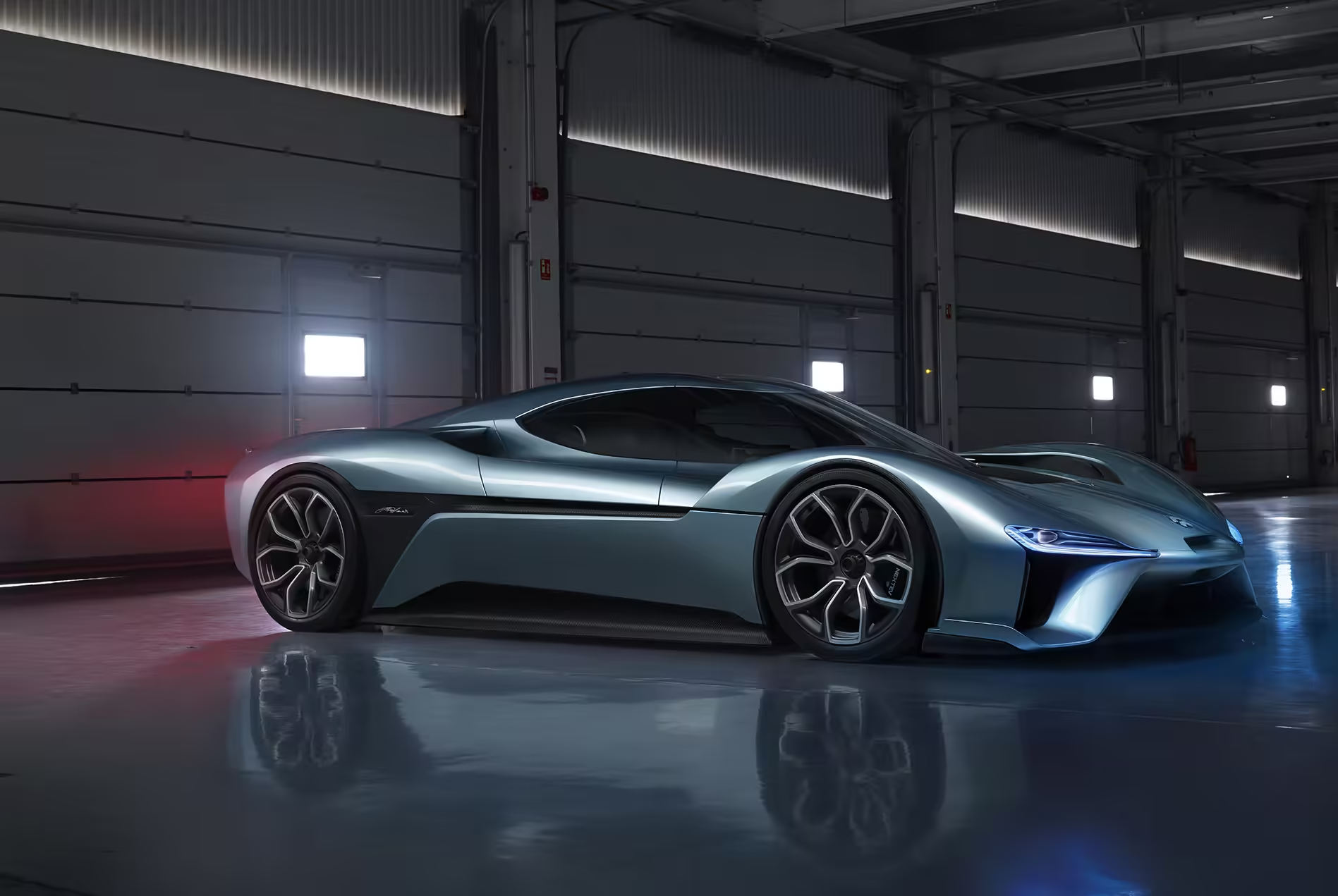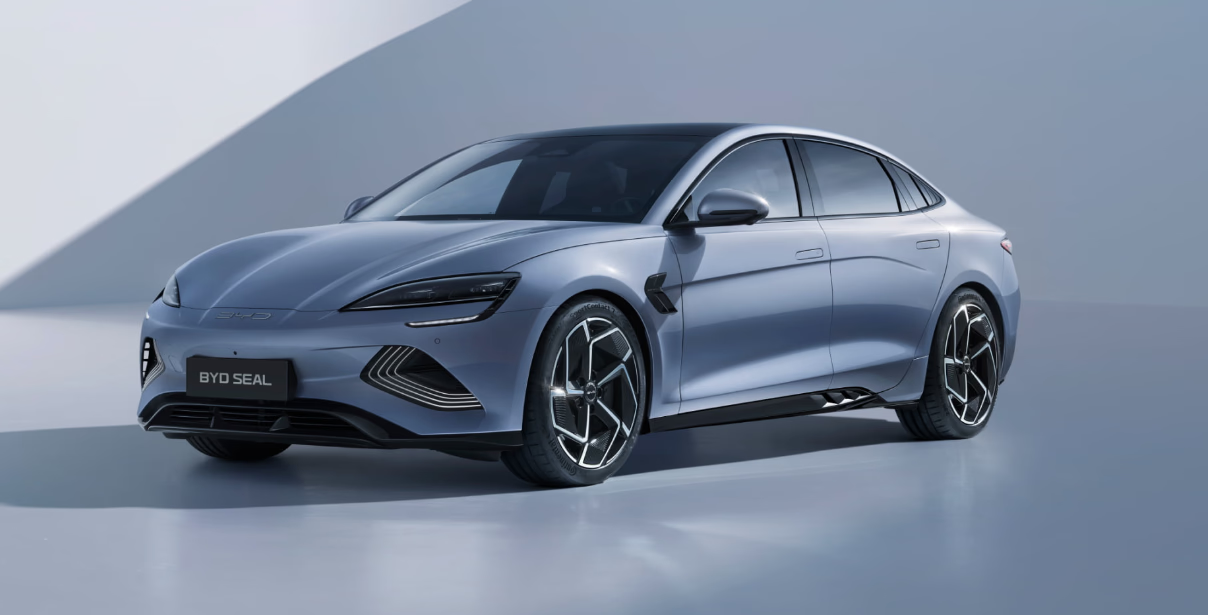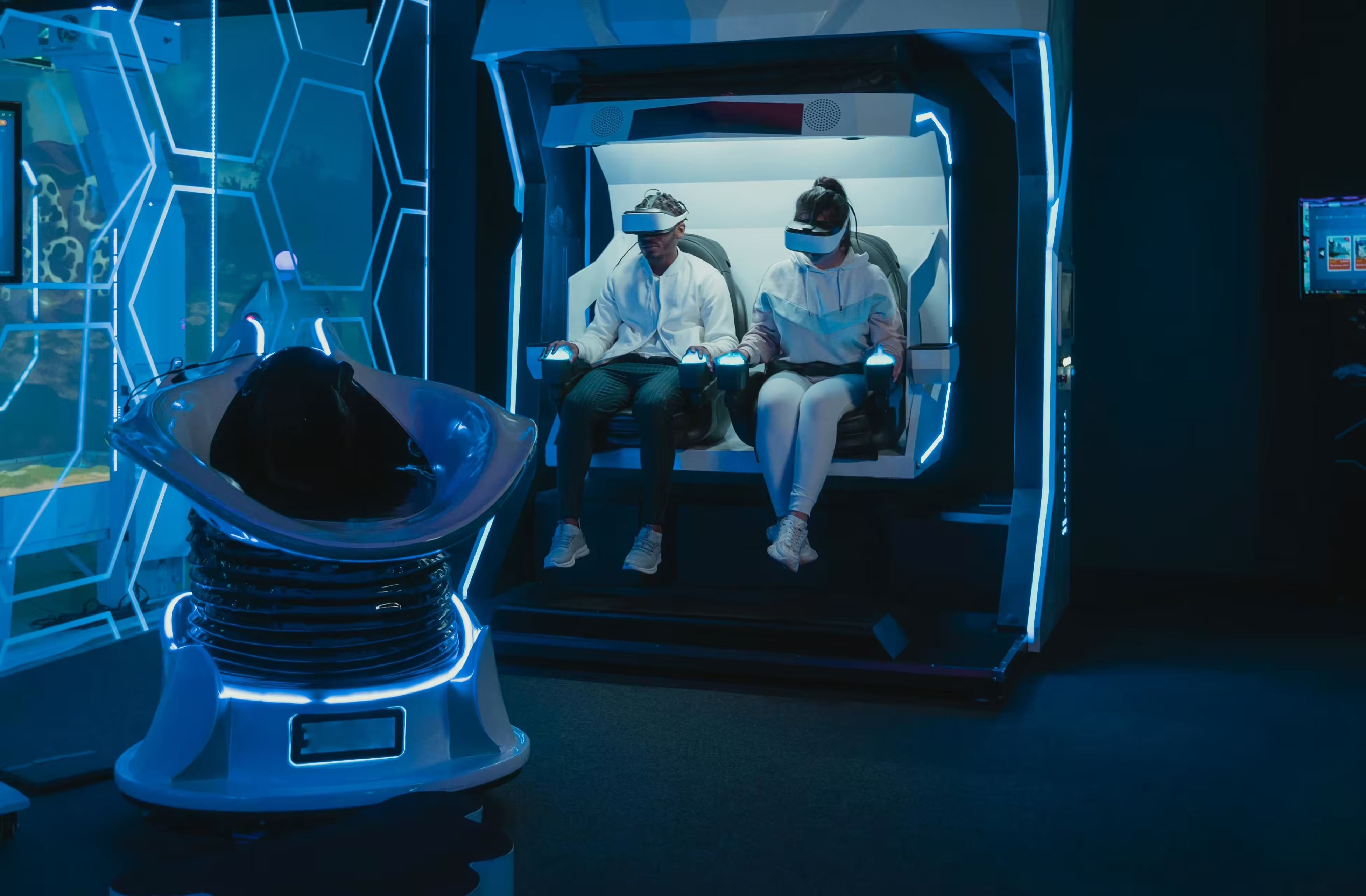The Fast Lane: What makes Nio so successful?
Introduction to Nio: A Rising Star in the EV Industry
If you're reading this article, you're at the very least a bit interested in the EV space, and the chances are, you've heard about Nio, often. Today, we’re diving into the success story of Nio and what exactly sets them apart as one of the most exciting companies in the electric vehicle space. Founded in 2014 by the charismatic William Li, Nio has quickly made a name for itself, drawing frequent comparisons to Tesla. With a mission to shape a joyful lifestyle by offering premium smart electric vehicles, Nio aims to become the most user-centric enterprise in the industry. Its journey is different from other pure EV players like Tesla or even other Chinese EVs like BYD. Let’s explore how Nio is achieving this ambitious goal, their unique approach to vehicle development, including their innovative Battery as a Service (BaaS) model, and what sets them apart from traditional automakers in the rapidly evolving EV market.
Nio at a Glance
Nio’s target market includes mid-to-high-end models for affluent families in Tier 1-2 cities. Their product lineup features intelligent electric vehicles and premium services, all designed to provide a seamless and enjoyable user experience. With key investors like Tencent, Baidu, JD, Sequoia, and TPG, it’s clear that the market has a lot of confidence in Nio’s vision and execution.
The Fast Lane to SOP: Nio’s Efficient Product Development Cycle
One of the standout aspects of Nio's approach is their impressive development timeline. While traditional automakers typically take between 48 to 60 months from concept to Start of Production (SOP), Nio has managed to trim this down to just 38 months. This accelerated timeline is achieved through a combination of factors:
- Form Finding (9 months): Nio begins with smaller-scale clay models and fewer iterations, speeding up the initial concept validation process.
- Model Validation (7 months): Conducting fewer Computer-Aided Engineering (CAE) cycles allows Nio to save critical time. This phase involves finalizing the external design and tooling.
- Construction, Validation, and Tools (5 months): By combining final class A and tooling releases, Nio eliminates one CAE cycle, allowing suppliers to start rough machining earlier.
- Industrialization, Plant Integration (17 months): This phase is streamlined with fewer validation tests and vehicles, ensuring the manufacturing process is ready for mass production.
Key Drivers Behind Nio’s Accelerated Development
Nio’s ability to deliver high-quality EVs in such a short time frame can be attributed to several key drivers:
- Product Complexity: Nio focuses on a limited number of models and variants, streamlining development and reducing complexity.
- Decision Making and Organizational Structure: Their decision-making process is agile, with fewer organizational layers and a working rule that promotes quick resolutions. Frequent meetings ensure constant progress.
- Level of Maturity: Nio employs rigorous test formats and standards, ensuring that each development phase meets high-quality benchmarks before proceeding.
- Working Mode: The company adopts a "one-by-one" project-oriented approach, with feature teams dedicated to breaking silos and promoting cross-functional collaboration.
- Entrepreneurial Spirit: Nio fosters a culture of risk-taking, high team morale, and extended working hours to meet aggressive timelines. This entrepreneurial spirit is ingrained in their corporate DNA, driving innovation and efficiency.

Customer-Centric Go-to-Market Strategy
Nio's success isn’t just about rapid development; it's also about their unique go-to-market strategy centered around customer satisfaction. Here’s how Nio achieves this:
- Brand/Product Positioning: Nio focuses on creating impeccable experiences through technology and services, positioning itself as a premium brand.
- Sales Model: Direct sales with an agent model ensure a consistent customer experience. Approximately 90% of Nio stores are operated directly by Nio employees to maintain quality control.
- Store Format: Nio operates multi-store models of different sizes, each tailored for dedicated purposes.
- Battery as a Service (BaaS): This innovative approach combines battery swapping with rental services, maximizing convenience for customers.
- After Sales Service: Well-designed service packages, fast response systems, and innovative charging solutions enhance customer satisfaction.
- Customer Management: Nio has a comprehensive customer journey supported by the Nio App, dual royalty programs, and big annual events.
- Organizational Structure: The company is set up with a focus on customer development and services, ensuring that customer satisfaction is deeply embedded in operations.
- Performance Management: Systematic KPI structures and designs focus on delivering top-notch customer experiences.
Building a User-Centric Company
Nio is committed to building a user-centric company, focusing on community engagement and unique lifestyle experiences. This is evident in their offline and online initiatives:
- Offline: Nio House: Exclusive social clubs or private clubhouses for Nio car owners offer a space for community building.
- Online: Nio App: An online owner’s club provides a platform for users to connect, share experiences, and engage with Nio.
Nio's founder, William Li, emphasizes direct interaction with users, spending over an hour each day engaging with them on the Nio App. This hands-on approach fosters a strong community bond and ensures that customer feedback is directly incorporated into company strategies.
The Nio Experience: Consistency and Control
Nio retains operational control over its sales teams to ensure a consistent customer experience and price. While most stores are operated directly by Nio, even the few that are run by agents follow strict guidelines to maintain Nio’s standards. This approach ensures that every customer receives the same high level of service, no matter where they are.
The Future of Nio
Nio’s journey is a testament to the power of innovation, efficiency, and a customer-centric approach (they are Best-in-Class when considering customer orientation and data-driven development). By streamlining their product development process, fostering an entrepreneurial spirit, and prioritizing customer satisfaction, Nio is not just keeping pace with the competition but setting new standards in the EV industry. As they continue to grow and expand their offerings, including their customer-focused services and market expansion strategies, Nio's influence on the market is set to increase. The future of Nio electric vehicles looks promising, as the company continues to push the boundaries of automotive innovation and redefine what it means to be a leader in the EV industry.



